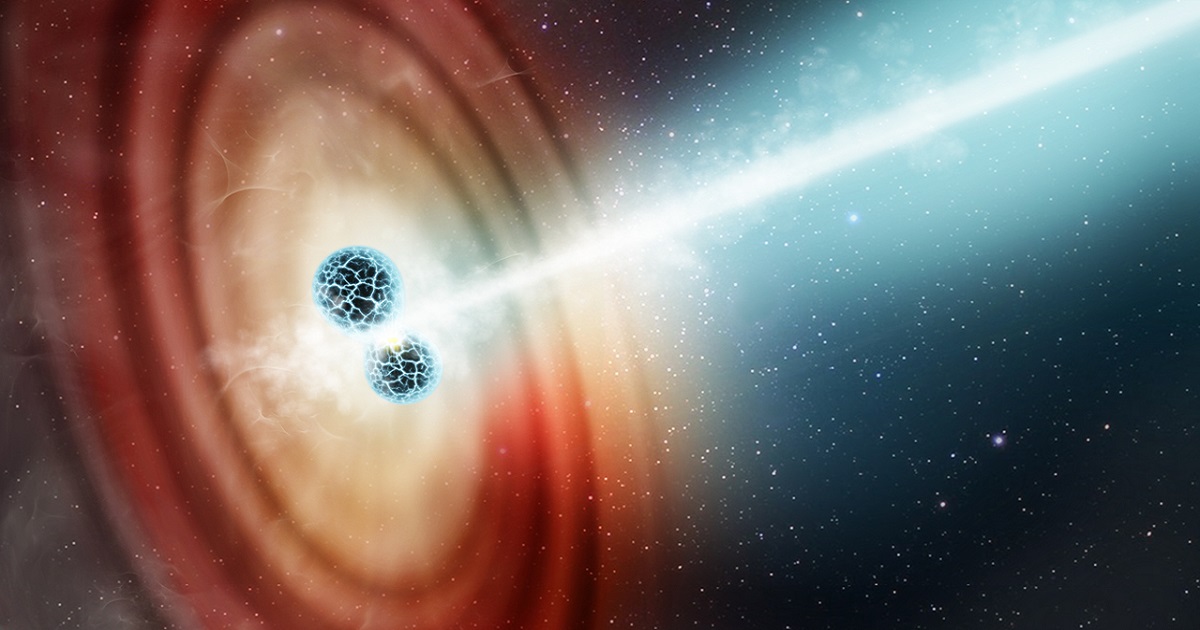The laws of physics hold - it took scientists five years to prove that the 7 times the speed of light by the jet, which was formed by the collision of neuron stars, was a mistake

Physicists spent five years doing the calculations to prove that the speed of light was not exceeded.
Here's What We Know
299,792,458 m/s is a value known since school days. Although for many people the more familiar designation is 3 x 108 m/s. Yes, this is the speed of light in a vacuum, the fundamental physical constant. But five years ago, telescopes recorded 7 times the speed of light.
In late summer 2017, the Hubble telescope was used to observe the collision of two neuron stars that subsequently went into a black hole. The collision resulted in the gravitational burst GW170817. It caused a burst of matter called a jet.
Initial calculations by physicists showed that the speed of the jet exceeded the speed of light by a factor of 7. Over time, radio telescopes recorded a decrease in speed, but it still exceeded the speed of light. This time by a factor of four.
Despite the fact that this is impossible, it took scientists five years to prove it. All this time, physicists worked to develop a method that allowed them to accurately analyze the data obtained from telescopes, including Hubble. Gaia satellite of the European Space Agency (ESA) and radio telescopes of the National Science Foundation of the United States were involved in the work.
Re-analysis showed that the laws of physics were not violated. Physicists determined that the jet, which appeared as a result of the collision of two neutron stars, was traveling at about 99.97 percent of the speed of light.
Neutron stars are the surviving cores of massive stars that exploded. They have an unimaginable density, resulting in one teaspoon of material on Earth that would weigh at least 4 billion tons.
Source: Hubblesite